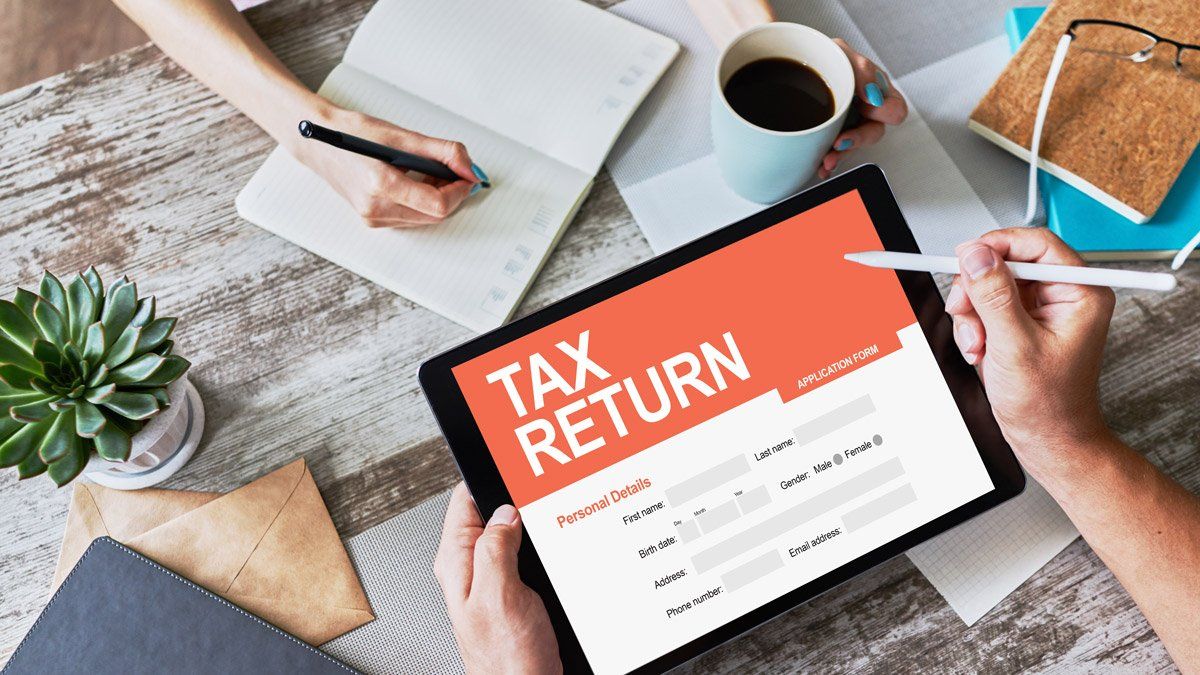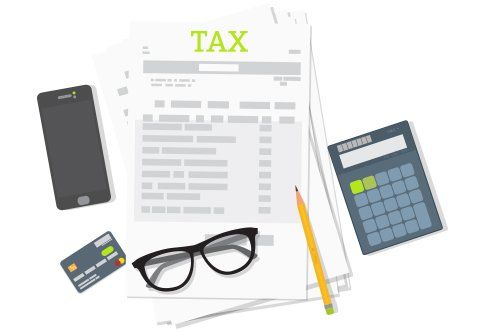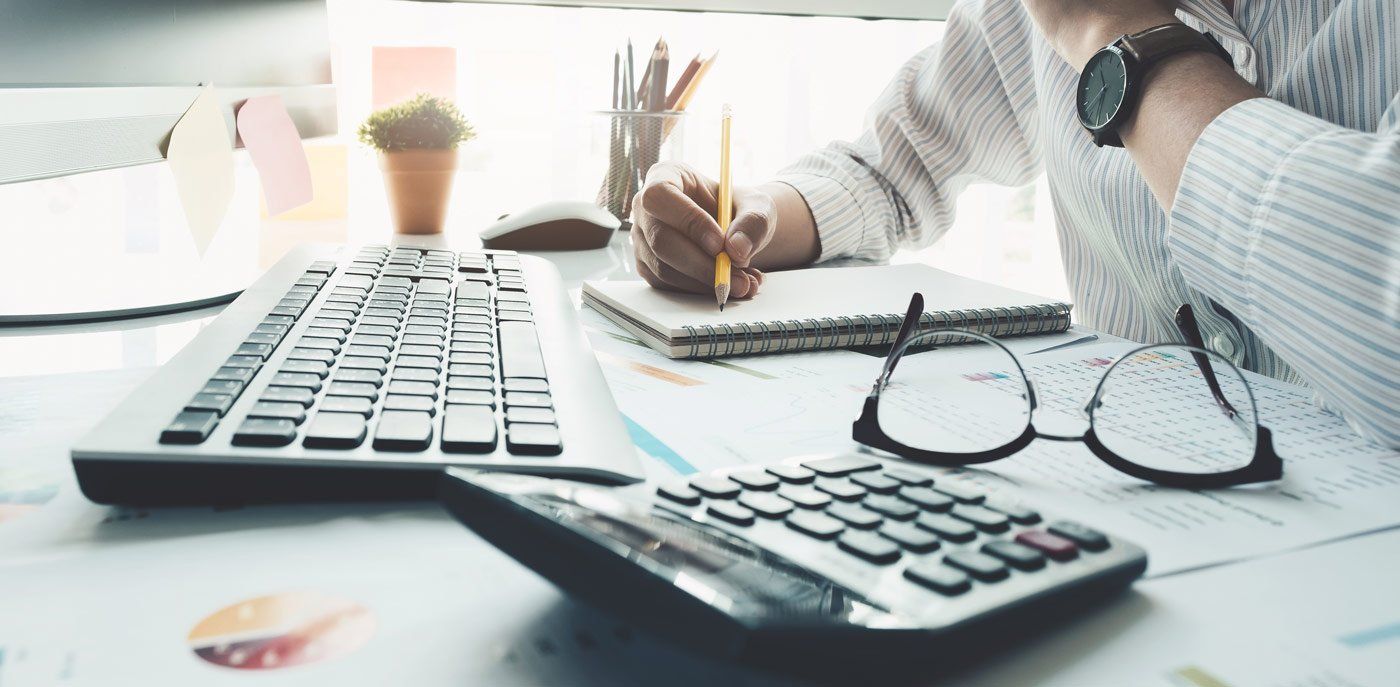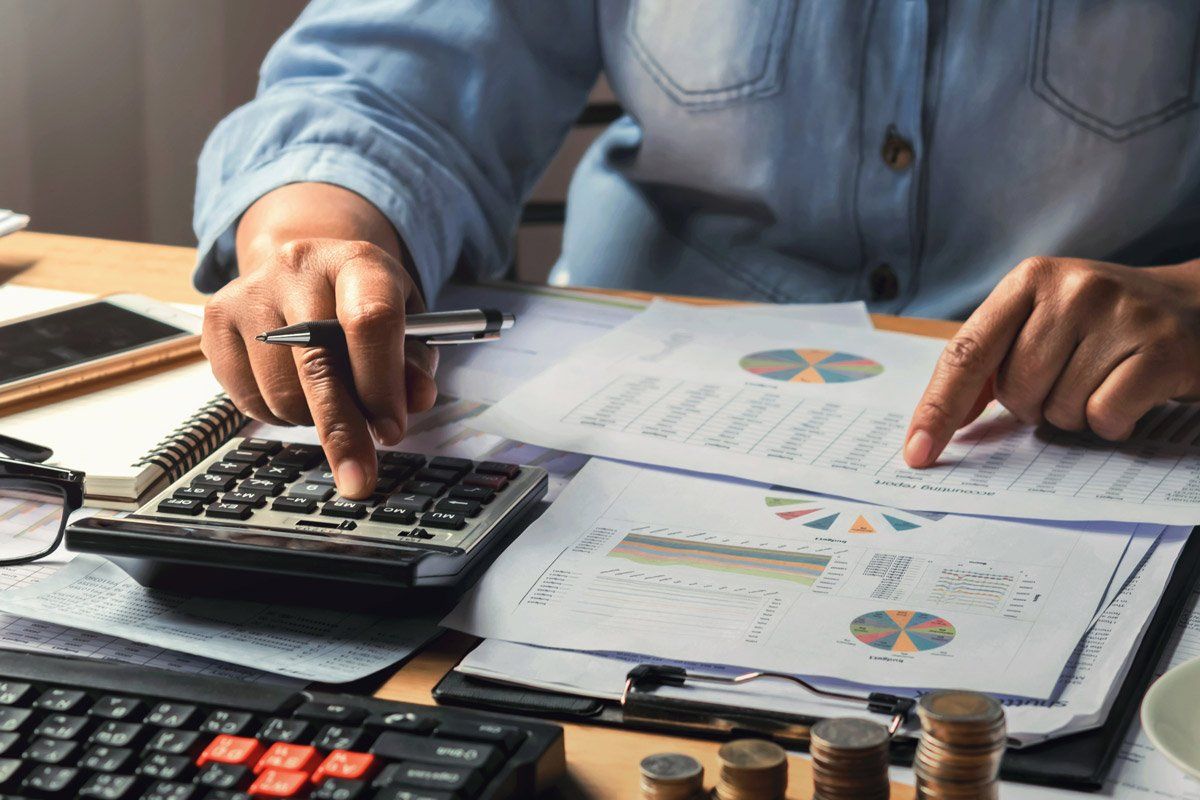Self-Assessment Tax Returns
Self-assessment tax returns are used to calculate how much of your annual earnings are owed to HMRC as income tax. This usually applies if you are a business owner, self-employed, or a landlord.
Knowing how and when to file a self-assessment tax return for the first time can seem complicated;
Marden & Co have answered some of the most important questions about tax returns in this simple guide.

Who Needs to do a Tax Return
The most common reasons for needing to file a self-assessment tax return are if you are self-employed, or a business owner.
There are other circumstances that require self-assessment tax returns, and different rules that apply to each.
Sole Trader
You qualify as a sole trader if you own your own business or are self-employed, and will need to pay income tax on earnings over £1000 in the last tax year.
Limited Company
If you own a private limited company, you must file a Company Tax Return 12 months after your accounting period for Corporation Tax ends. This also applies if you are a shared company director.
Renting Out Your Property
Whether being a landlord is your main source of income, or you’re renting out a couple of holiday homes, you will be eligible to complete a tax return.
You do not have to pay tax on the first £1000 of your property income. This is known as ‘property allowance’.
You must complete a self assessment tax return on property income if it is:
- £2,500 to £9,999 after allowable expenses
- £10,000 or more before allowable expenses
Foreign Income
If you’re a UK resident with foreign income, you might have to complete a self-assessment tax return. You will not have to complete a self-assessment tax return if your only foreign income is dividends, and your total dividends are less than £2000.
Dividends
Dividend tax only applies to income that is outside your dividend allowance of £2000 per year.
From the 2022-2023 tax year, the basic dividend tax rate is as follows:
- Basic-rate taxpayers: 8.75%
- Higher-rate taxpayers: 33.75%
- Additional -rate taxpayers: 39.35%
If you’re still not sure whether you need to file a self-assessment tax return, you can use the form created by
gov.uk.
Register for Self-Assessment
If you are filing a tax return for the first time, or did not file a tax return the previous tax year, you will need to register for self-assessment. Registration can take up to 20 working days, so you should allow extra time to avoid missing the deadline.
Deadline for Self-Assessment Tax Returns
It is your legal responsibility to alert HMRC of any new sources of taxable income and expenditure, and file your self-assessment before 31st October for paper filing, and 31st January if completing an online form.
HMRC must receive your completed form and the money you owe by the deadline, otherwise late payments will be subject to interest, and penalties will be added to your payable tax.
Penalties include:
- £100 fine if you file your tax return up to 3 months late.
- After 3 months, a £10 penalty will be added for each following day.
- After 6 months, a further £300 penalty will be applied.
- All partners of a business being charged for a late payment
If HMRC sends you a notice to complete last year’s tax return, you have 3 months from the date you receive the notice to file, and return a self-assessment tax return.
Appealing Against Penalties
You can appeal against late fee penalties if you have a reasonable excuse. These include uncontrollable circumstances such as death of a partner or a close relative, serious or life threatening illness, software failure, or a home emergency such as a fire or a flood.
You can also appeal against a penalty if you think HMRC have miscalculated your tax return, and this will extend the deadline.
Late Tax Returns (what to do if it's late)
In some cases, alerting HMRC that your tax return will be late before the deadline can entitle you to reduced penalties or an extended deadline. This is subject to having a reasonable excuse.
Budget Payment Plan
You can choose to make monthly or weekly payments towards your next tax bill if you would rather not pay it in full by setting up a Budget Payment Plan with HMRC. This scheme allows you to pay your tax bill in instalments using a direct debit. You are able to pause payments for up to 6 months.
It is also possible to set up a Budget Payment Plan if you are unable to pay your full tax bill on time.
How to Submit a Tax Return
You can submit your tax return by printing out a paper form or filing an online form.
To file your self-assessment tax return, you will need:
- Evidence of your taxed and untaxed income for the previous tax year, which runs from the 6th of April to the 5th of April. You may wish to keep bank statements to make this easier.
- Evidence of government benefits that you received in this time, including high income child benefits.
- All details regarding state, or private pensions including deductions made, and payments you are entitled to receive.
- Student loan repayments
- Marriage allowance
- Any charitable donations that have been made from your account.
Marden & Co Accountants offer
Self-Assessment Assistance with Personal Tax and Returns to individuals in
Epsom,
Sutton,
Reigate and
Surrey. If you require any assistance or advice regarding your self-assessment tax return, please feel free to
get in touch.




